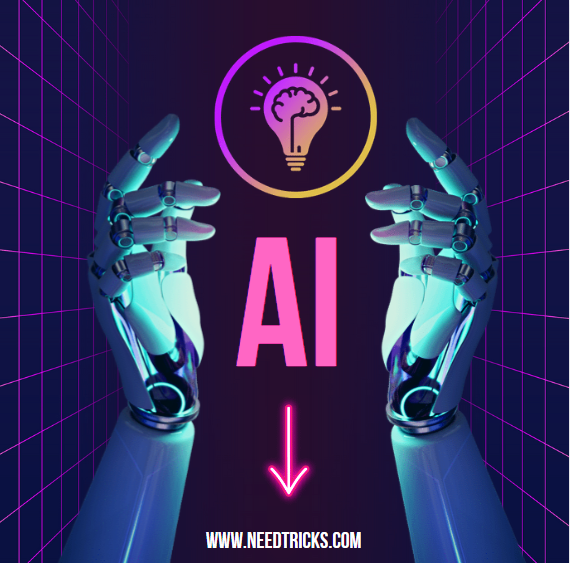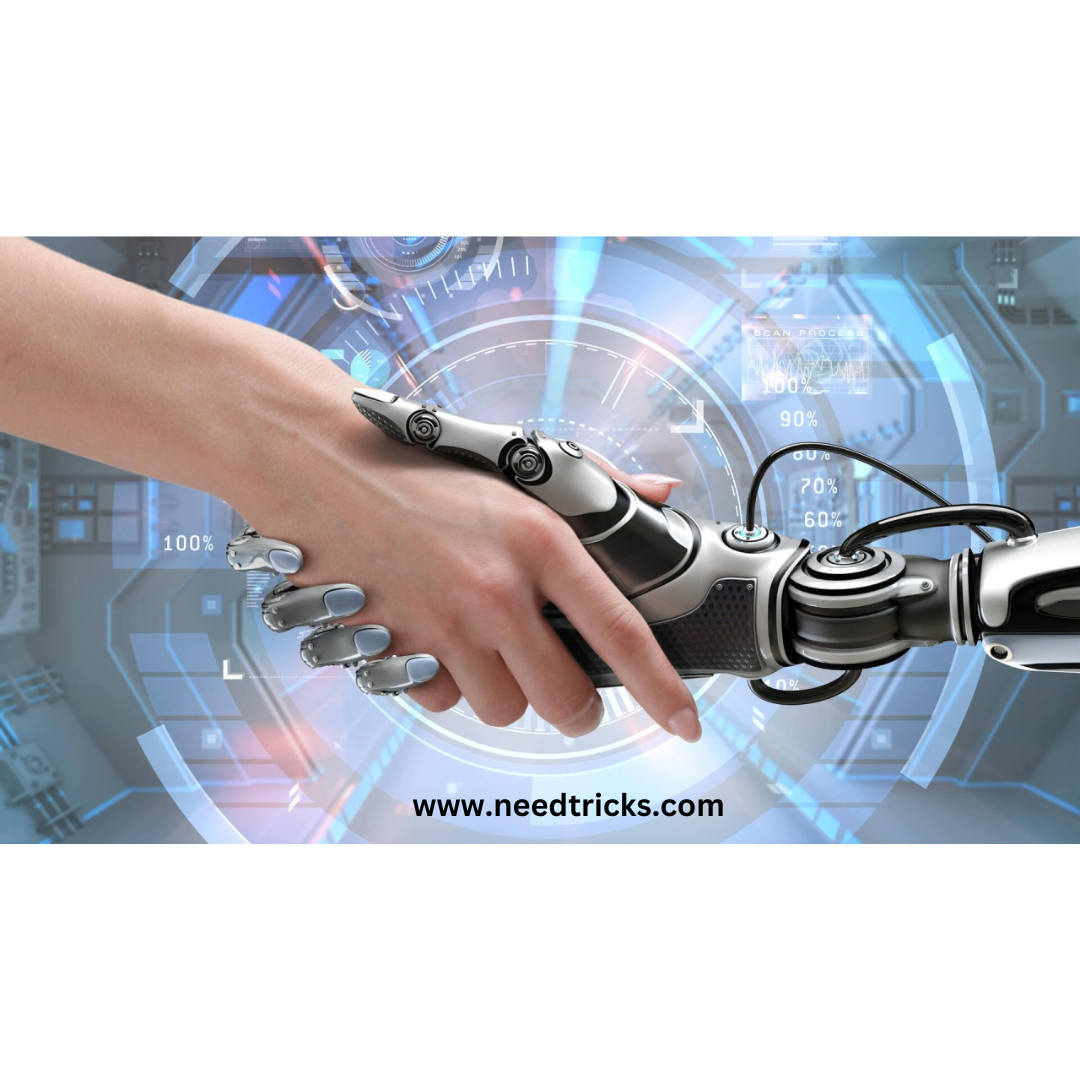The Future of AI in Healthcare. As technology continues to advance, the healthcare industry is beginning to take notice of the potential benefits that artificial intelligence (AI) can provide.
AI has the ability to analyze vast amounts of data, identify patterns, and make predictions that can help healthcare professionals provide better care to patients.
The Future of AI in Healthcare
Artificial Intelligence (AI) has the potential to revolutionize healthcare by improving patient outcomes, increasing efficiency, and reducing costs. Here are some potential applications and benefits of AI in healthcare:
Medical Diagnosis:
- AI can analyze vast amounts of data from medical imaging and diagnostic tests.
- To identify patterns and provide accurate diagnoses.
- This can help physicians make more informed decisions about treatment and improve patient outcomes.
Personalized Treatment:
- AI can analyze patient data such as genetic information, medical history, and lifestyle factors.
- To develop personalized treatment plans.
- This can improve treatment outcomes and reduce the risk of adverse reactions.
Drug Development:
- AI can analyze data from clinical trials and research studies to identify new drug targets.
- And develop more effective drugs.
- This can speed up the drug development process and reduce costs.
Administrative Efficiency:
- AI can automate administrative tasks such as appointment scheduling, medical record keeping, and insurance claims processing.
- This can reduce administrative burden on healthcare providers and improve the overall patient experience.
Read More: Top New Gadgets of 2023
About Artificial Intelligence (AI)
One of the most significant benefits of AI in healthcare is its ability to analyze vast amounts of patient data quickly and accurately. This data can be used to develop personalized treatment plans for patients, predict disease outbreaks, and identify potential health risks before they become serious.
AI can also help healthcare providers diagnose diseases more accurately and quickly. For example, AI algorithms can analyze medical images and identify early signs of diseases such as cancer, enabling doctors to provide earlier and more effective treatment.
Another important application of AI in healthcare is the use of virtual assistants and chatbots to improve patient engagement and communication. These tools can provide patients with personalized health advice and guidance, help them manage chronic conditions, and even provide mental health support.
Despite the many benefits of AI in healthcare, there are also some potential challenges and risks that need to be addressed. These include concerns around data privacy and security, potential biases in AI algorithms, and the need to ensure that healthcare providers have the necessary training and support to use AI effectively.











